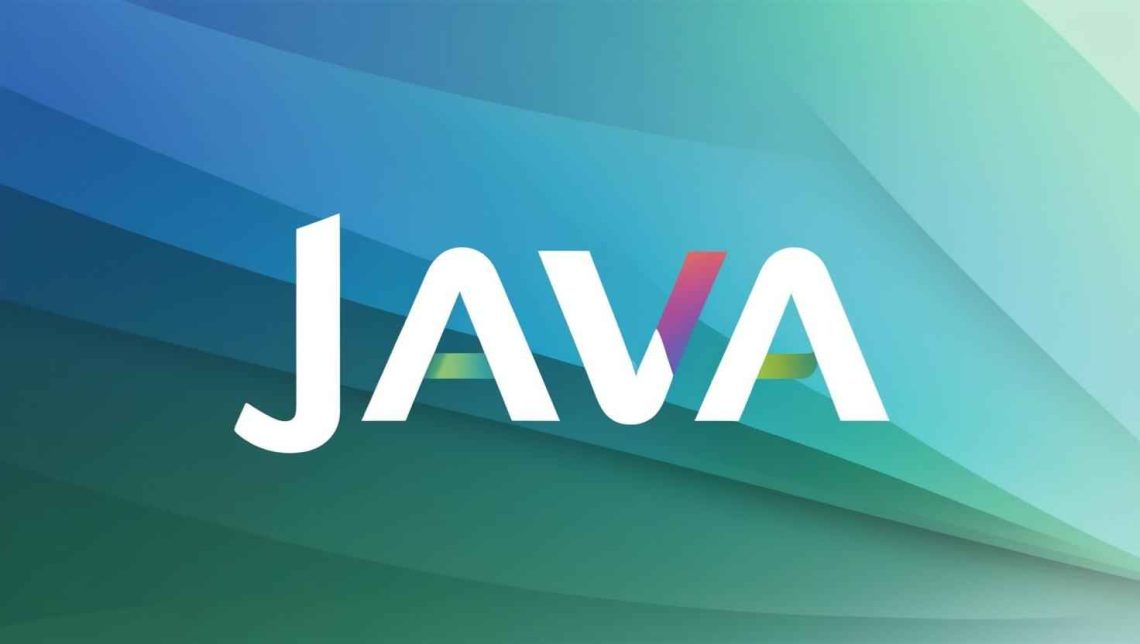
Why is DFS Support in jNQ Crucial for Organizations Working with Distributed File Systems?
What is a Distributed File System (DFS) and Why is it Important?
A Distributed File System (DFS) is like a giant library that isn't located in just one place. Imagine having access to your files no matter what building or even what country you're in. That, broadly speaking, is what DFS does. Instead of your files being stored on one server, they are spread across multiple servers, which can be located in different places. The big advantage is that if one server crashes, you can still access your files through another server.
But why is this so important for organizations? Think about it: you work in a large company with many offices across the country. Each office needs access to the same files – contracts, marketing documents, customer data, etc. If each office had to store its own copy of these files, it would be complete chaos. DFS solves this problem by creating one large file system that everyone can access.
One of the key advantages of DFS is high availability. If one server fails, the system continues to work as if nothing happened. This is especially critical for organizations where downtime can result in significant revenue loss. Another advantage is fault tolerance. DFS can handle hardware and software failures without affecting users.
In addition, DFS enables centralized data management. Instead of managing multiple separate file systems, the IT team can manage one large system. This simplifies data backup, recovery, and security.
There are many scenarios where DFS is essential. For example, large organizations with many offices, cloud-based environments where data is stored in multiple locations, and even small companies that want to ensure their files are available even if their server crashes. In other words, DFS is an essential tool for any organization that wants to manage its data efficiently, securely, and reliably.
How Does jNQ Support DFS?
jNQ is a pure Java library designed to provide full support for the SMB protocol, including DFS. This means that you can use jNQ to access distributed file systems from your Java environments easily and reliably. But what does that mean in practice?
jNQ handles DFS integration by fully implementing the SMB protocols needed to communicate with DFS servers. When you use jNQ to connect to a DFS server, the library handles all the technical details behind the scenes, such as tracking referrals between different servers in the DFS system, handling distributed file names, and managing multiple connections to different servers.
One of the key advantages of jNQ is that it is written in pure Java. This means that you don't have to worry about dependencies on external libraries or native code. You can simply add the jNQ library to your Java project and start using it immediately. It also means that jNQ can run on any platform that supports Java, including Windows, Linux, macOS, and even Android.
The technical benefits of DFS support in jNQ are numerous. First, jNQ provides high performance. The library is designed to be efficient and minimize the overhead of communication with DFS servers. Second, jNQ is very reliable. The library has been thoroughly tested against a wide range of DFS servers to ensure that it works as expected in all scenarios. Third, jNQ is compatible with the latest SMB protocol standards, including SMB3, which ensures support for the most advanced security features.
In addition to basic DFS support, jNQ also includes additional advanced features. For example, the library supports Kerberos authentication, which allows you to connect to DFS servers securely using Active Directory credentials. jNQ also supports encryption of SMB traffic, which protects your data from eavesdropping.
I want to emphasize something important: the seamless integration offered by jNQ allows you to focus on developing your application, rather than the technical details of the SMB protocol. The library handles all the complexity, so you can focus on implementing your business logic. For more information, visit smb java_Visuality.
So if you are looking for a reliable, efficient, and secure Java library for DFS support, jNQ is the right choice for you. It allows you to integrate support for distributed file systems into your Java applications easily and confidently.
What are the Benefits of DFS Support in jNQ for Organizations?
DFS support in jNQ brings a range of significant benefits to organizations, directly impacting how they manage their data, improve the reliability of their systems, and reduce management complexity. Let's dive into the main benefits:
Improved Data Management and Access to Distributed Files:
jNQ allows you to manage your data more efficiently, even if it is spread across multiple servers. You can access your files as if they were stored in one place, without worrying about their physical location. This simplifies file access, saves time, and increases the productivity of your employees.
Increased Reliability and Availability of Critical File Systems:
DFS, combined with jNQ, ensures that your systems are available even if one of the servers crashes. Your data is replicated across multiple servers, so if one server fails, you can still access your files through another server. This is especially critical for organizations where downtime can result in significant revenue loss or damage to reputation.
Reduced Management Complexity of Distributed IT Environments:
jNQ simplifies data management in distributed IT environments. Instead of managing multiple separate file systems, you can manage one large system using jNQ. This simplifies data backup, recovery, and security, and allows your IT team to focus on more important tasks.
Enhanced Security with SMB3 Advanced Security Features:
jNQ supports the most advanced security features of the SMB3 protocol, such as end-to-end encryption and message signing. This ensures that your data is protected from eavesdropping and unauthorized modifications. In addition, jNQ supports Kerberos authentication, which allows you to connect to DFS servers securely using Active Directory credentials.
In short, DFS support in jNQ provides organizations with a comprehensive solution for data management in distributed environments. It improves file access, increases the reliability and availability of systems, reduces management complexity, and enhances security.
אולי גם תאהב

היתרונות של קידום אתרים
ינואר 2, 2023
How Does Plant-Ditech Revolutionize Plant Phenotyping Compared to Traditional Methods?
דצמבר 6, 2024
